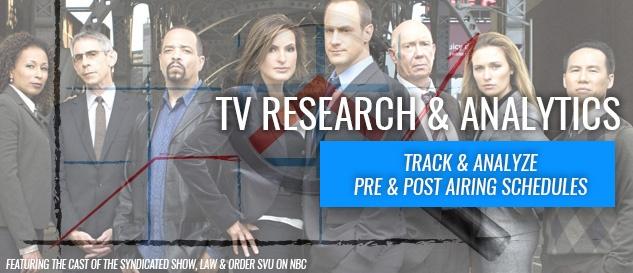Welcome to Part Two of an article series covering television at Re/code’s recent 2014 Code Conference. You can find Part One here, which covered thoughts from Mary Meeker.
The TV-related cerebrations of other top executives can be found below.
Eddy Cue
 |
| Eddy Cue |
When pressed by a moderator on why his company hasn’t presented a better alternative, Cue became cagey, and instead described the industry as “hard” and “complicated.”
Apple is rumored to debut something television-inspired at the Apple Worldwide Developers Conference, taking place June 2 – 6, which could explain why Cue dodged the issue.
Ryan Seacrest and Dick Costolo
 |
| Dick Costolo |
Costolo began the conversation by observing that Twitter is responsible for increasing ratings, a topic of much debate and contention.
"I believe that conversation about your show is
important," Seacrest chimed in, but Swisher wanted additional information
on the topic.
Costolo later appeared on CNBC’s “Street Signs,” and expanded: “When we delivered our TV and Twitter strategy, it was based on the hypothesis that the two were very complementary to each other. And since we launched that strategy and worked with so many of the broadcast networks and content partners like the NBA and NFL, there has been study after study that has reinforced the complementary nature of Twitter and TV. A recent Nielsen study showed that there are three things that drive TV ratings for a show: 1. Investment in advertising dollars for that program. 2. Last year’s ratings for the show and 3. Twitter, and that’s it.”
Costolo later appeared on CNBC’s “Street Signs,” and expanded: “When we delivered our TV and Twitter strategy, it was based on the hypothesis that the two were very complementary to each other. And since we launched that strategy and worked with so many of the broadcast networks and content partners like the NBA and NFL, there has been study after study that has reinforced the complementary nature of Twitter and TV. A recent Nielsen study showed that there are three things that drive TV ratings for a show: 1. Investment in advertising dollars for that program. 2. Last year’s ratings for the show and 3. Twitter, and that’s it.”
Costolo is likely referring to this August 2013 report.
Seacrest concluded talk on the issue by tackling concerns that television could soon be no more.
"I strongly believe that nothing is going away: TV? Absolutely not. Radio? Absolutely not," he said.
Seacrest concluded talk on the issue by tackling concerns that television could soon be no more.
"I strongly believe that nothing is going away: TV? Absolutely not. Radio? Absolutely not," he said.
Author: Brian Cameron









Post a Comment